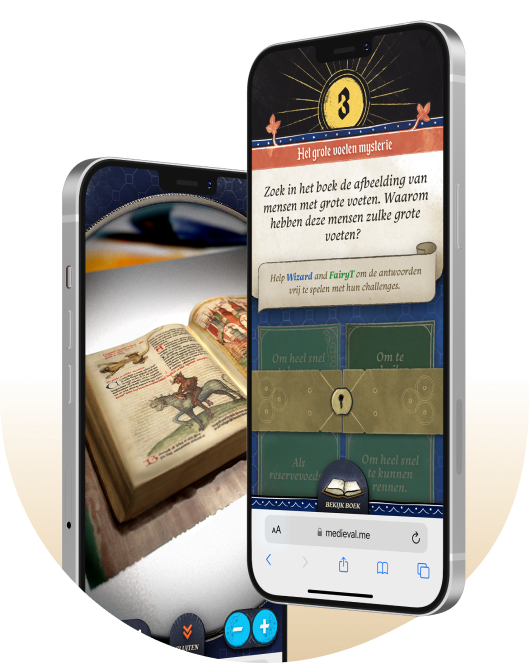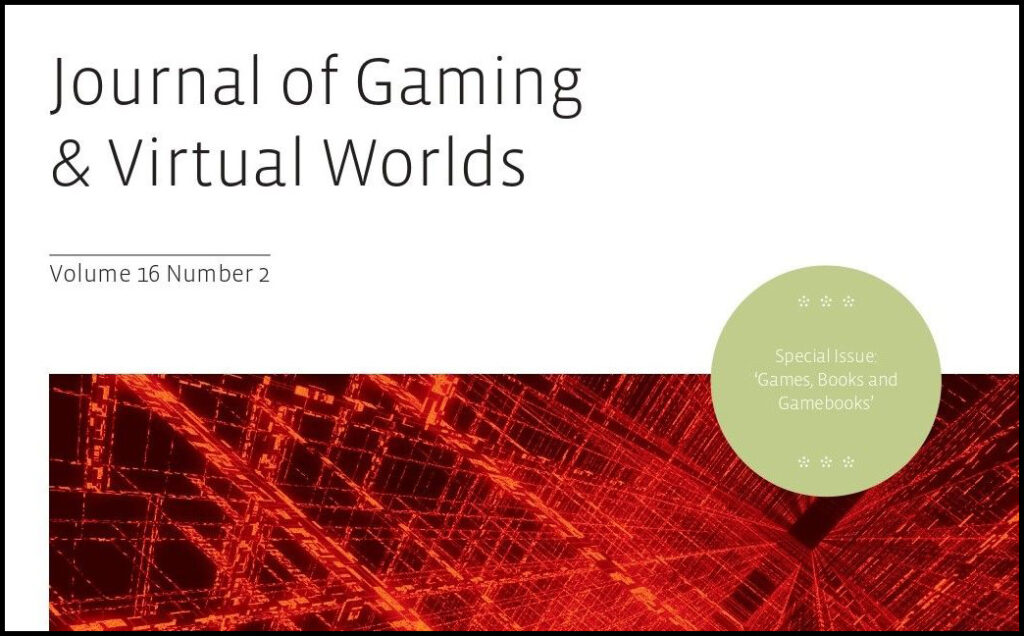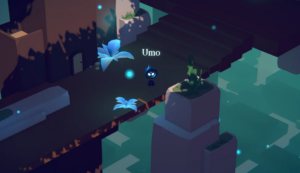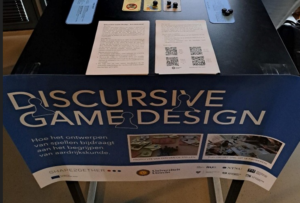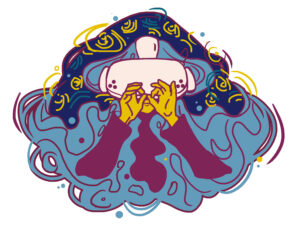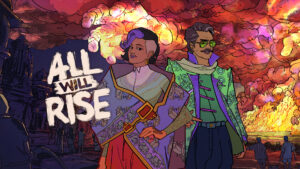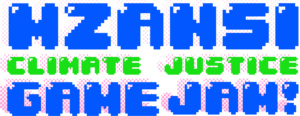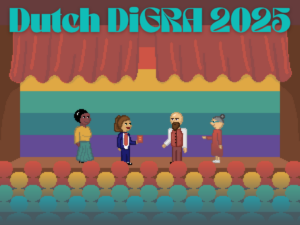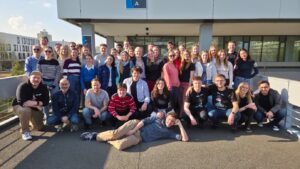New digital escape room MedievalMe brings the Middle Ages to life
How do you spark excitement for medieval history in secondary school students? Sanne Frequin, art historian and Assistant Professor at Utrecht University, has the answer: MedievalMe. This innovative Dutch serious game immerses students in the medieval worldview.

